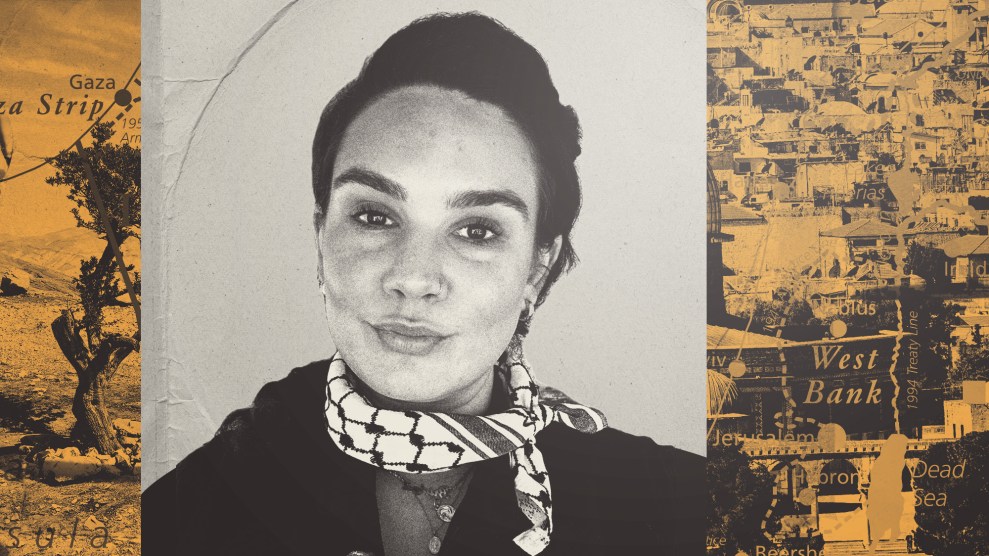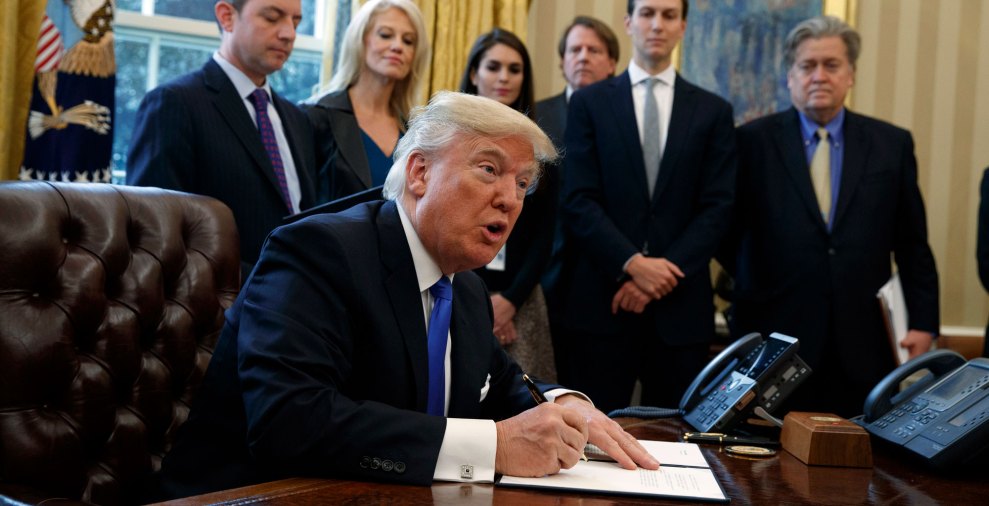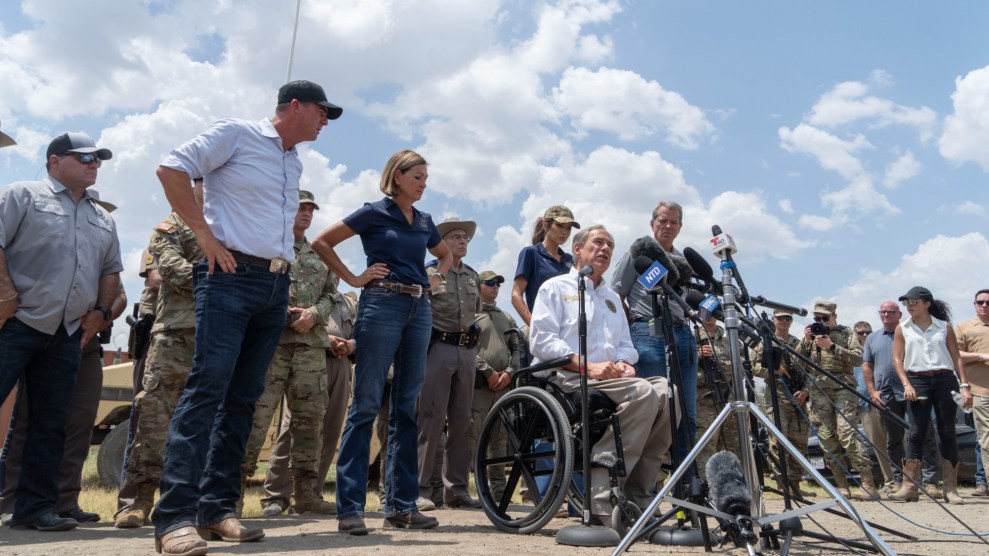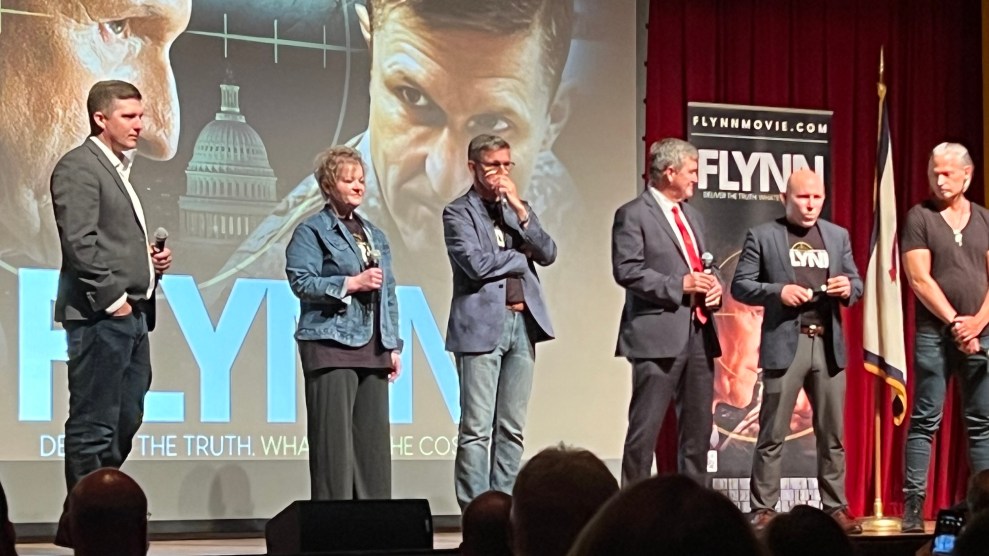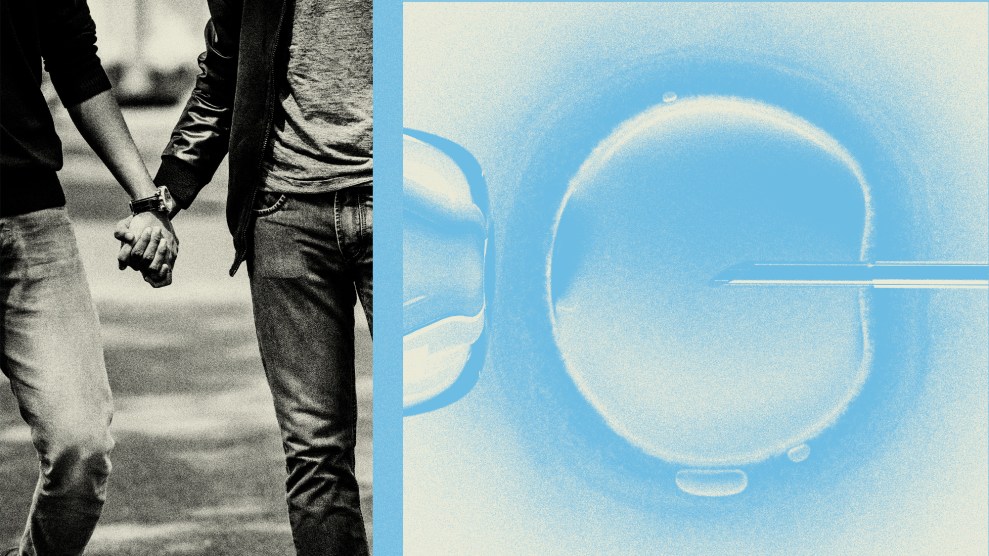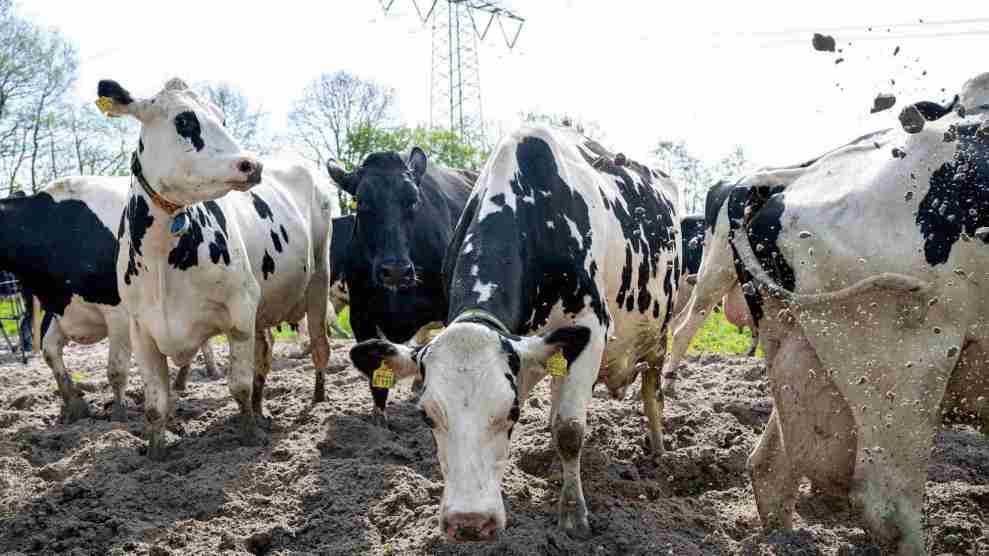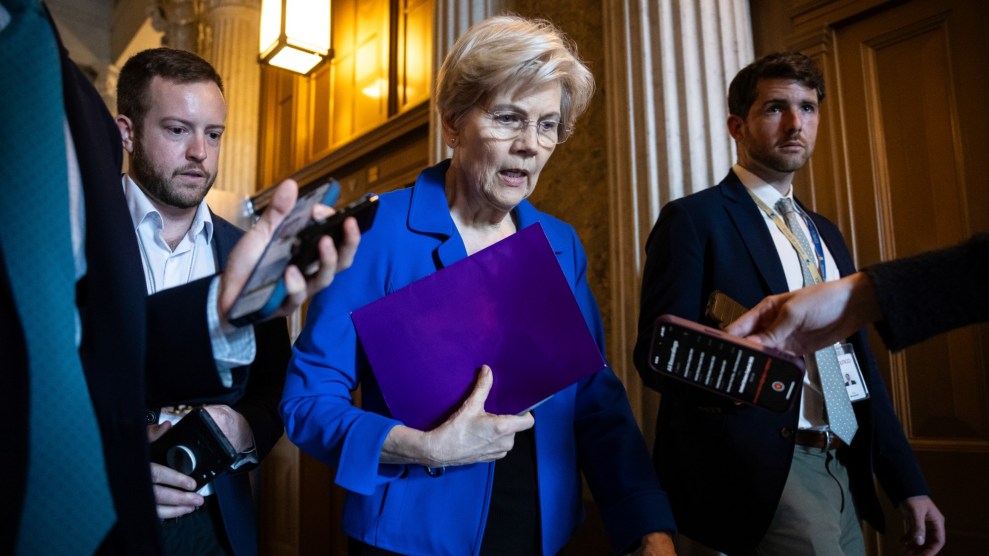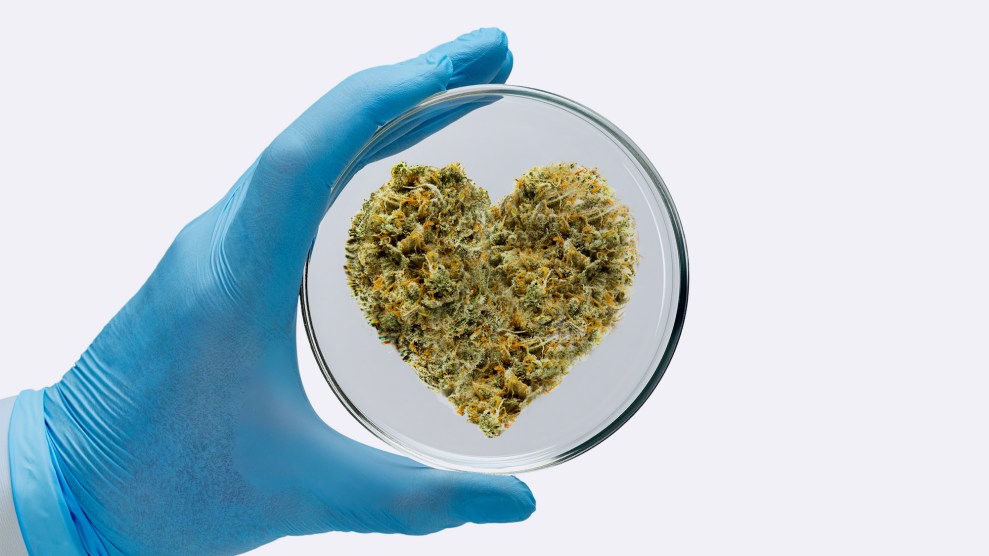Lesson for today: It pays to break the rules. In 2002, Tom DeLay conceived of and executed a scheme to raise money for Republican legislative candidates in Texas, who would take over the statehouse, then immediately turn around and redraw the state’s Congressional districts to cement the GOP majority in Washington. It worked: Texas sent 17 Democrats and 15 Republicans to Congress the year before the redistricting; the year after, the delegation had 21 Republicans and 11 Democrats. And now we know that it was legal too: Yes, said Justice Kennedy in his opinion rejecting a challenge to the redistricting, the new Texas districts were drawn “with the sole purpose of achieving a Republican congressional majority”–and that’s just fine. So what if DeLay is still in trouble for the possibly illegal means by which this enterprise was originally financed (for a primer, see Lou Dubose’s DeLay profile)? Win some, lose some; as long as you lose the battle and win the war…

